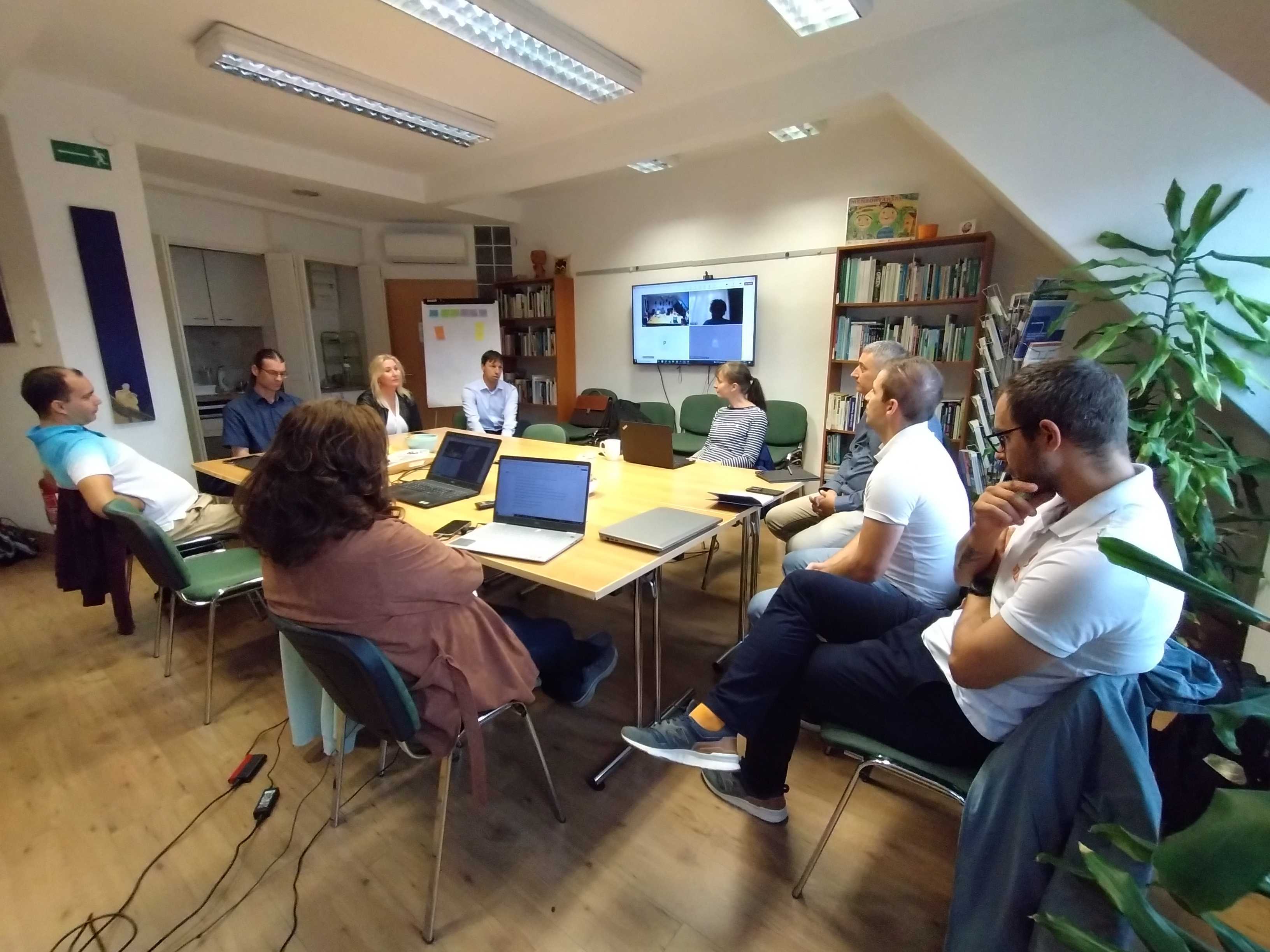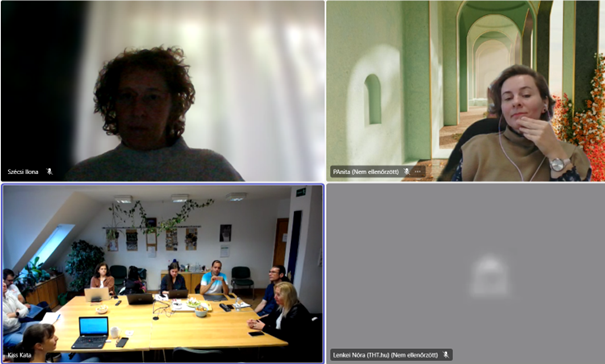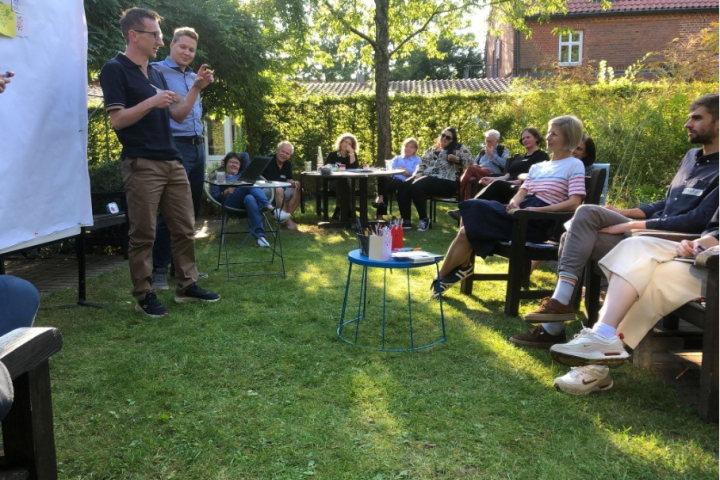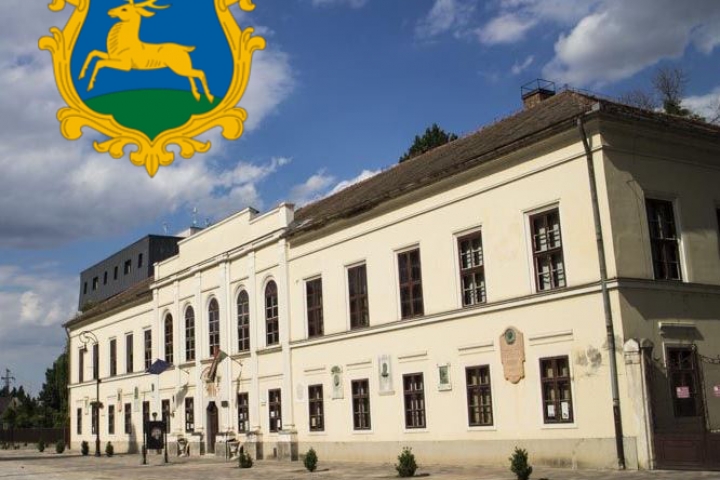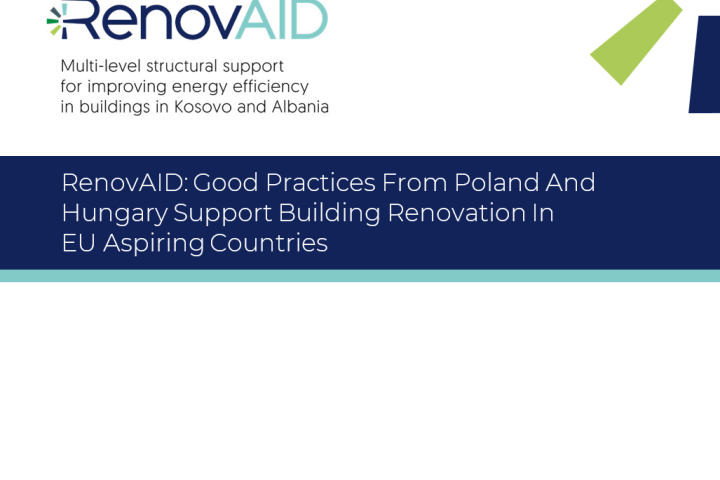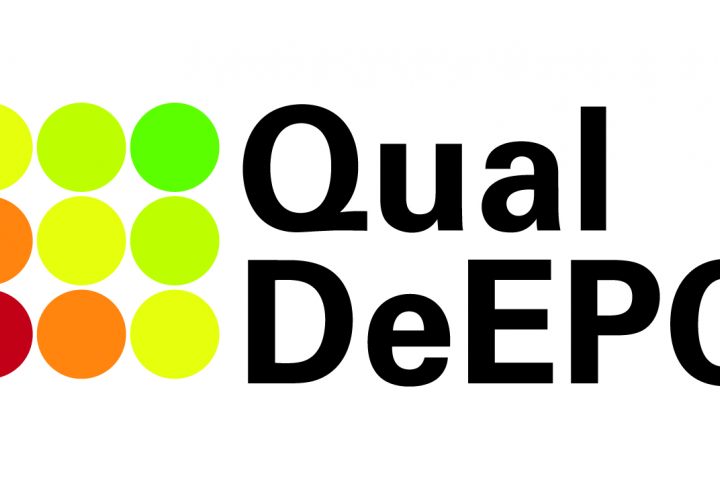Sixth Meeting of the EU Peers Hungarian Community
Hungarian one-stop shop (OSS) advisors and the organisations supporting them met for the sixth time on 25 September, during an event organised by Energiaklub. Among the 15 participants were OSS advisors specialising in the renovation of single-family homes or apartment buildings, as well as companies and organisations offering financial consultancy, research, and media support for OSS providers.
Stop-and-go effect
Organisations working on the renovation of single-family homes unanimously observed that, due to the new home renovation scheme promised earlier during the summer by the government, as well as further detailed by ÉVOSZ, many homeowners are currently putting their planned renovations on hold. Even those who had already planned their upgrades are now hesitating to begin. This uncertainty causes problems not only for construction companies, who are struggling with capacity planning, but also for homeowners, who face rising costs due to delays. The wait-and-see attitude persists despite the government's recent announcement that it will not launch a new renovation program for the time being.
There are also issues with the currently running support schemes. In the case of the rural Home Renovation Programme, the property’s value, which determines the level of support, is often low, which means that the support available is only enough for partial upgrades but not for the more complex renovations typically advised by OSS providers. Meanwhile, the Energy Efficiency Home Renovation Programme suffers from a complete lack of government communication, so many people are not even aware that this option exists.
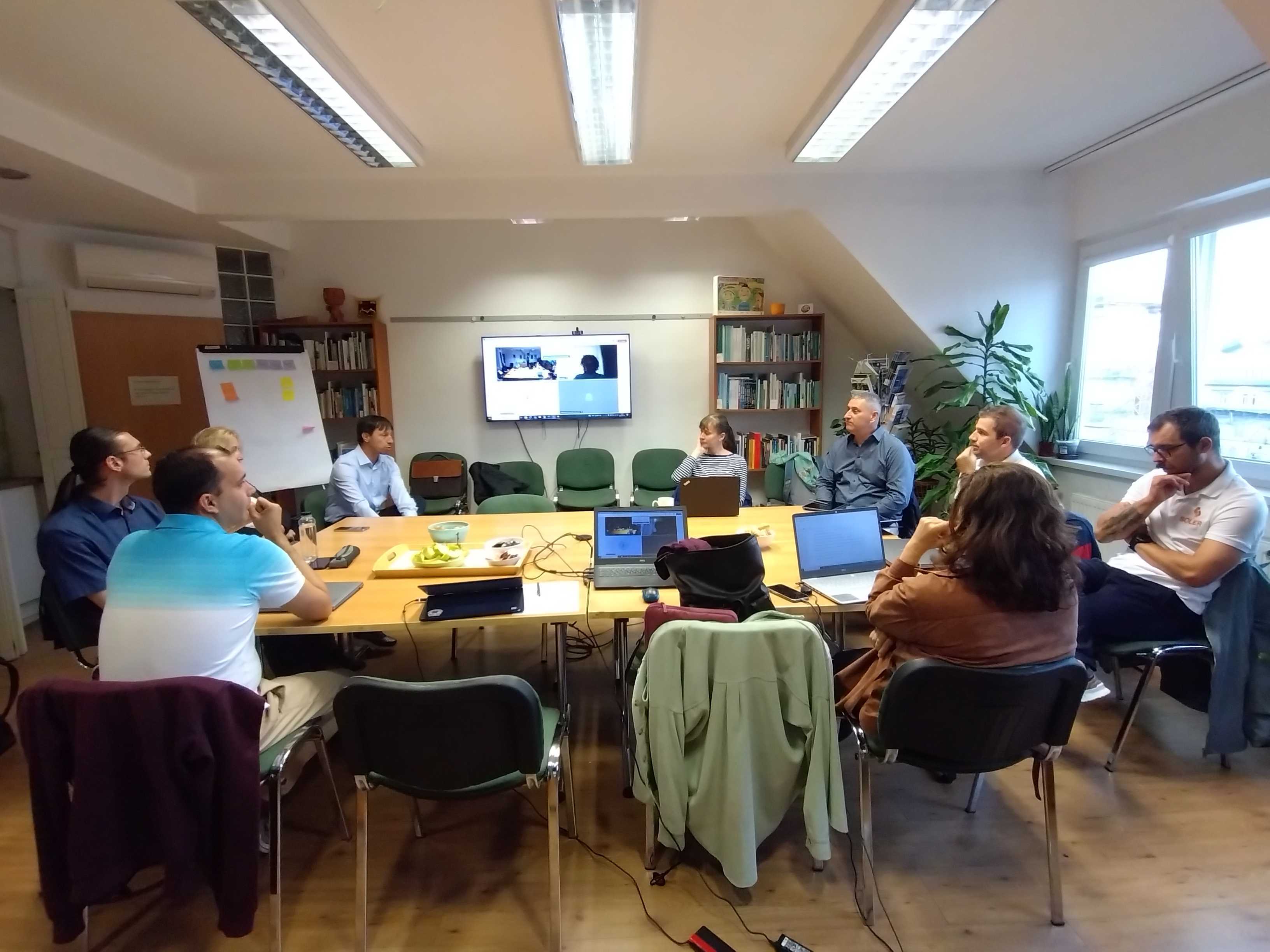
Energy Efficiency Obligation Scheme - new rules
The rules of the Energy Efficiency Obligation Scheme (EKR), which provides market-based financing for renovations, were amended in the spring: the level of obligation was increased, leading market players to expect a rise in the price of Certified Energy Savings (HEM). This expectation was confirmed the day before the meeting, when the EKR exchange recorded a near-doubling of prices for long-lifetime HEMs, reaching 18,000 HUF/GJ. However, experts present at the meeting offered a more nuanced view: they believe prices will drop again at the next exchange, and HEM prices will remain unpredictable. This means that the EKR is unlikely to provide a reliable source of financing for complex renovations or apartment building upgrades. Additionally, it emerged that attic insulation measures that were previously eligible for certification can no longer be re-certified under the new rules, which means these savings will likely be lost. The Masterplast EKR-based subsidised façade insulation scheme was also discussed, with several participants expressing doubts as to whether this program will truly offer the best quality materials and workmanship.
Organisational development instead of joint communication
Participants decided to put the previously planned communication campaign on hold for now. With elections approaching, it will likely become increasingly difficult to run non-political advertisements, and a campaign to promote energy efficiency might divert market interest toward non-certified companies. However, there was a broader support for establishing an official organisation uniting OSS providers. The exact structure of such a body still needs to be developed, including the areas for joint action (advocacy, training, communication, etc.) and the criteria for membership.
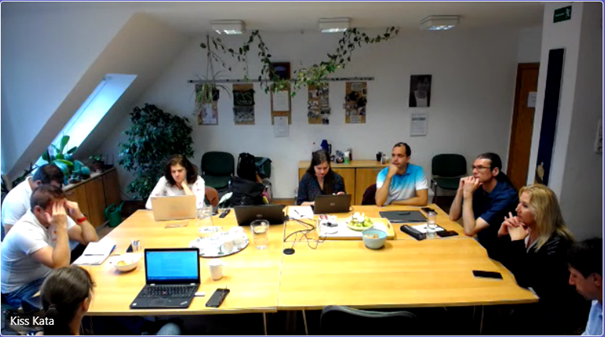
Next steps
The upcoming international EU Peers autumn initiatives were also discussed. From mid-October, a local government campaign will be launched, providing decision-makers with arguments on why it is worthwhile to operate OSS services. The campaign will include interviews and good practice examples from already functioning OSSs. Plans also include a construction sector roundtable, giving national decision-makers suggestions on how to make one-stop-shop renovation services to be more effective and impactful.
